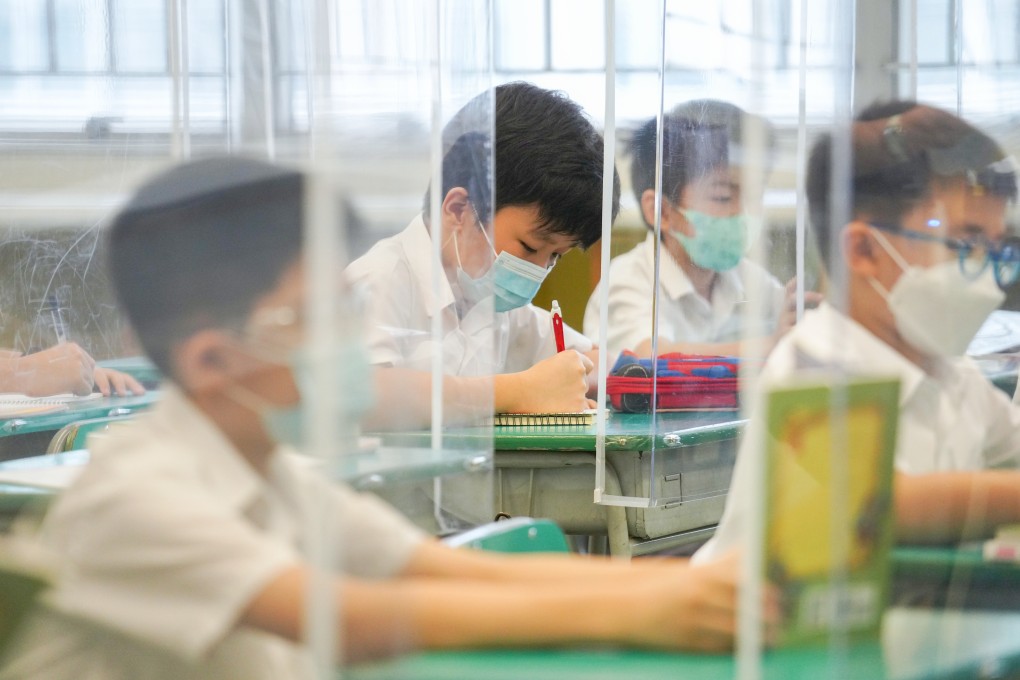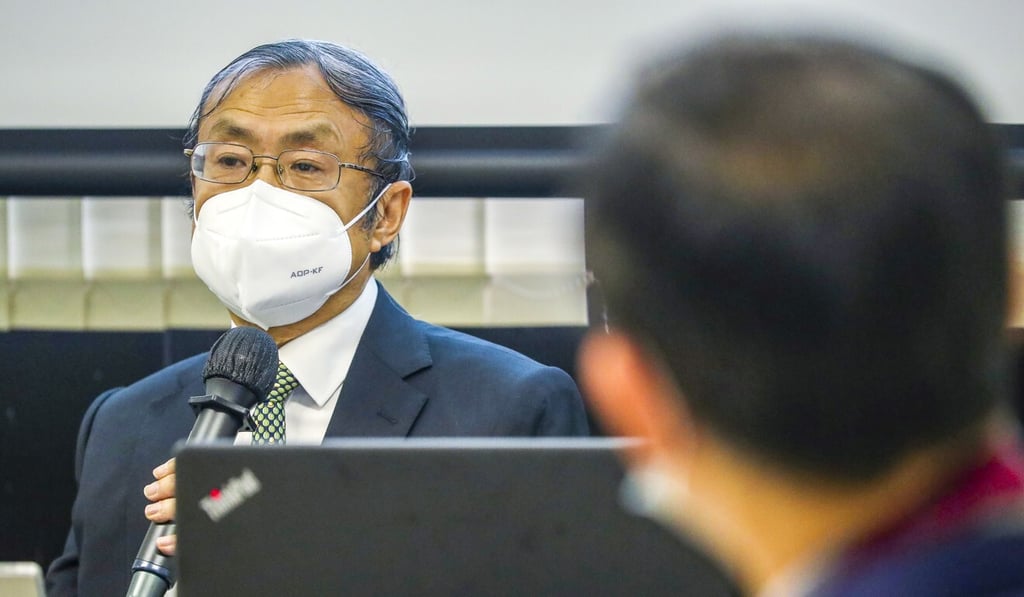Hong Kong’s declining pupil performance in global maths and science study triggers Education Bureau review
- Secondary students post city’s worst science results in global study since 1995
- Education Bureau says it will launch review into Trends in International Mathematics and Science Study performance

Hong Kong pupils’ mathematics and science performance has declined in a major international study, with secondary students posting the city’s worst results in more than two decades in the latter subject.
The Education Bureau said it would launch a review to see what improvements could be made after noting the “less proficient” performance of Hong Kong students, especially for science, in the 2019 Trends in International Mathematics and Science Study (TIMSS).
Conducted every four years, the latest findings released on Tuesday showed that Primary Four and Form Two students had dropped 10 and 11 places respectively in the global rankings for science.
Primary Four pupils were ranked 15th globally in science achievements in the 2019 edition, compared with fifth four years earlier. Form Two students now ranked 17th in science, while in 2015 they were sixth.

The average science score of Form Two students in 2019 was 504, the lowest recorded by any cohort in the seven editions of the quadrennial study since 1995.